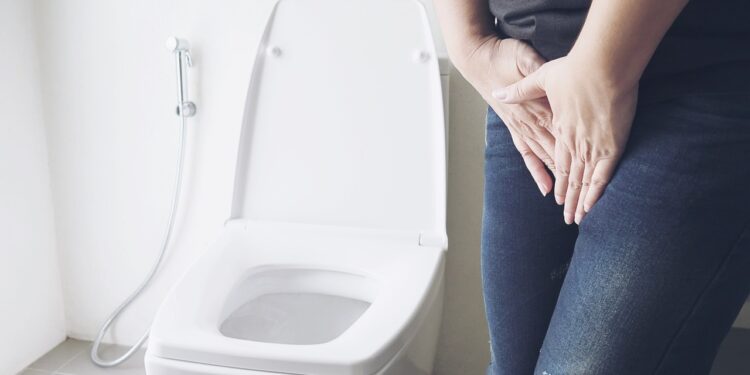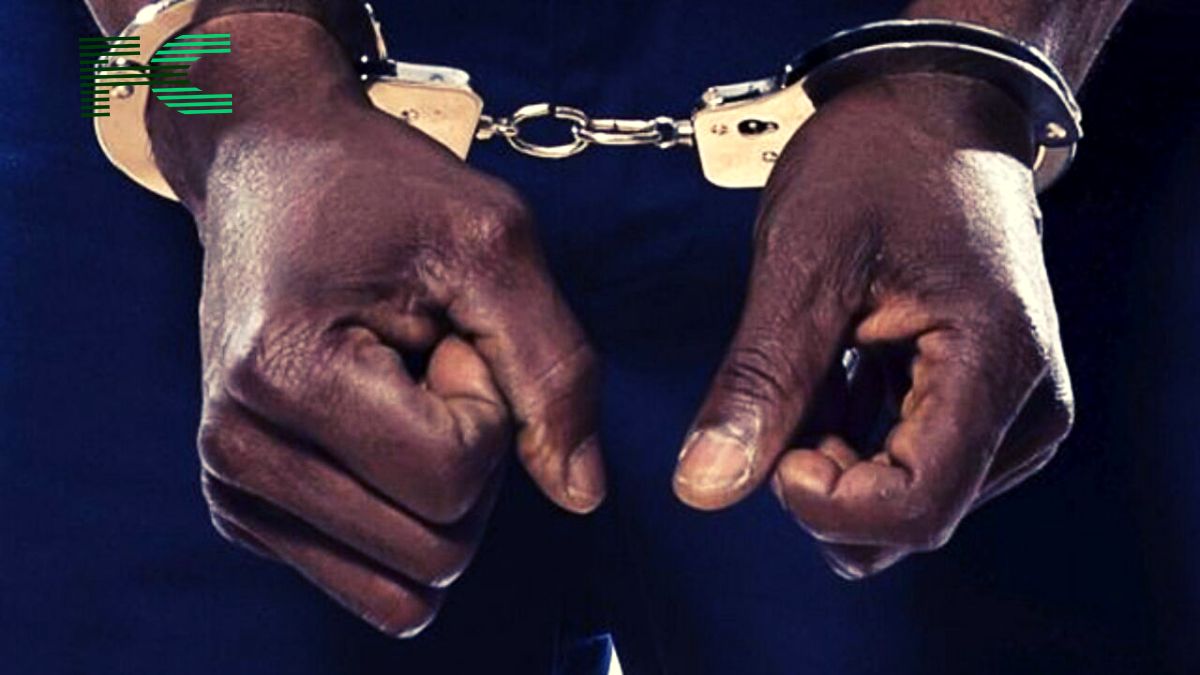The bladder is like a water balloon; strong yet flexible, designed to hold liquid until it’s the perfect moment to release it. The body relies on a network of muscles, nerves, and signals to control the flow of urine. When the coordination of the bladder is flawless, the process is seamless. But when issues arise, the bladder feels like a balloon with a loose knot, which is typically prone to leaks or uncontrollable bursts. This is where the concept of bladder control comes into play. It is a vital function that helps balance out the storage and release of urine from the body.

What is Bladder Control?
Bladder control is the ability for the body to regulate the process of urination. This process involves the coordination of various body systems to store urine in the bladder and release it at a convenient time. This process prevents accidental leakage or retention of urine.
How Does the Bladder Work?
The bladder is the muscular organ in the lower abdomen, which stores urine from the kidneys. The bladder’s function can be divided into three main phases. The first phase is the storage phase, where the bladder holds urine, with its muscles relaxed and sphincters tightly closed. The second stage is the signal phase.
As the bladder fills, the sensory nerves communicate with the brain that “you need to go,” which triggers the urge to urinate. The last but not the least is the release phase. Now upon decision, the brain signals the bladder muscles to contract and sphincters to relax, which allows urine to exit through the urethra.
Bladder Control Issues
Urinary Incontinence: Urinary incontinence is the loss of bladder control which causes accidental leakage. It has different forms which include:
- Stress Incontinence: This type occurs when physical activities like coughing or lifting heavy objects put pressure on the bladder, which causes leakage.
- Urge Incontinence: This is characterized by a strong, sudden need to urinate, which causes leaks before you get to the toilet. It is commonly associated with overactive bladder OAB.
- Mixed Incontinence: This is a combination of stress and odd incontinence, which involves both of the symptoms.
- Functional Incontinence: Functional incontinence happens when physical or mental challenges like dementia prevent a person from reaching the bathroom on time.
- Overflow Incontinence: This occurs when the bladder doesn’t empty fully, which leads to a constant dribbling of urine.
Overactive Bladder (OAB): OAB causes a frequent and urgent need to urinate, even though the bladder isn’t full. It also includes episodes of urgent incontinence. This condition causes nerve problems, bladder irritation, and muscle overactivity.
Urinary Retention: This is the inability to empty the bladder completely, which causes discomfort and a feeling of fullness even after urination.
Nocturia: Nocturia refers to waking up multiple times during the night to urinate. This disrupts sleep and causes excessive fluid intake and medical conditions such as diabetes.
Symptoms of Bladder Control Problem
- Leaking urine
- Frequent urination
- Urgent need to urinate
- Trouble starting or stopping urination
- Weak urine stream
- Bladder feels full
Causes of Bladder Control
Aging: The muscles in the bladder and around it weaken as we age. It becomes harder to hold urine for a long time or control when you go to the bathroom. These sensory nerves that tell the brain when it’s time to pee, can get old and inefficient, which causes accidental leaks.
Pregnancy and Childbirth: Carrying a baby puts pressure on the bladder and muscles. This extra strain weakens the muscles over time. During childbirth, the muscles and nerves stretch, and sometimes tear. This can cause a long term problem with bladder control.
Menopause: During menopause, the woman’s body produces less estrogen hormone. This hormone helps keep the tissue of the bladder and urethra strong. Without enough estrogen, these tissues are bound to become weaker, which makes it harder to control your bladder.
Medical Condition: There are some medical conditions that can interfere with how the bladder works. Disbett, Parkinson’s disease, and prostrate problems, are some of the few medical conditions that can lead to bladder control issues.
Medications: Asides from medical conditions, some medications prescribed for certain illnesses, can make the bladder control worded. Diuretics, also known as water pills, are designed to help the body to get rid of extra water. It means taking them will make you pee a lot. It’s also the same as sedatives or muscle relaxers.
Lifestyle: Also, the choices you make on a daily basis can affect how well you control your bladder. Some foods and drinks like caffeine or alcohol, can irritate the bladder, making it harder to control. Drinking too much or too little water can cause problems. Finally, lack of exercise can weaken the muscles that help with bladder control.
Conclusion
Bladder control is an important part of staying healthy and confident, but we often don’t think about it until problems happen. When the bladder works as it should, it stores and releases urine at the right times without any problems. But when something goes wrong, it can cause issues like leaking, discomfort, or needing to pee too often, which can be frustrating and embarrassing.

















